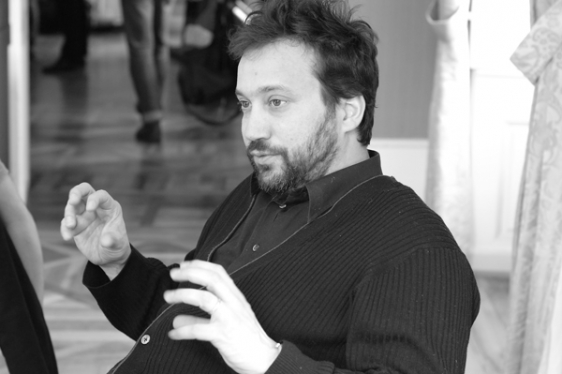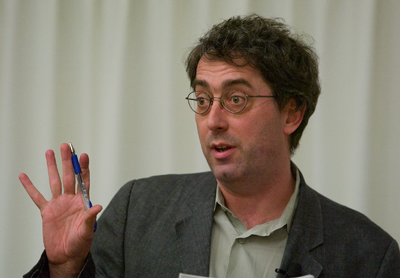
When objects are called to tell stories as if they were legal witnesses, what new tools does this provide for addressing ethical dilemmas in the 21st century? Such objects—whether architecture, human remains, or other material—are of course subject to human interpretation even though they are often viewed as scientific fact. If the legal investigation of the skull of Josef Mengele in 1985 can be seen as the advent of a new era when the object is put on trial, what can the remains of bombed buildings reveal about campaigns carried out for humanitarian reasons? It is within this intersection of the visual, the architectural, the ethical, and the legal that forensics takes on new urgency today.

